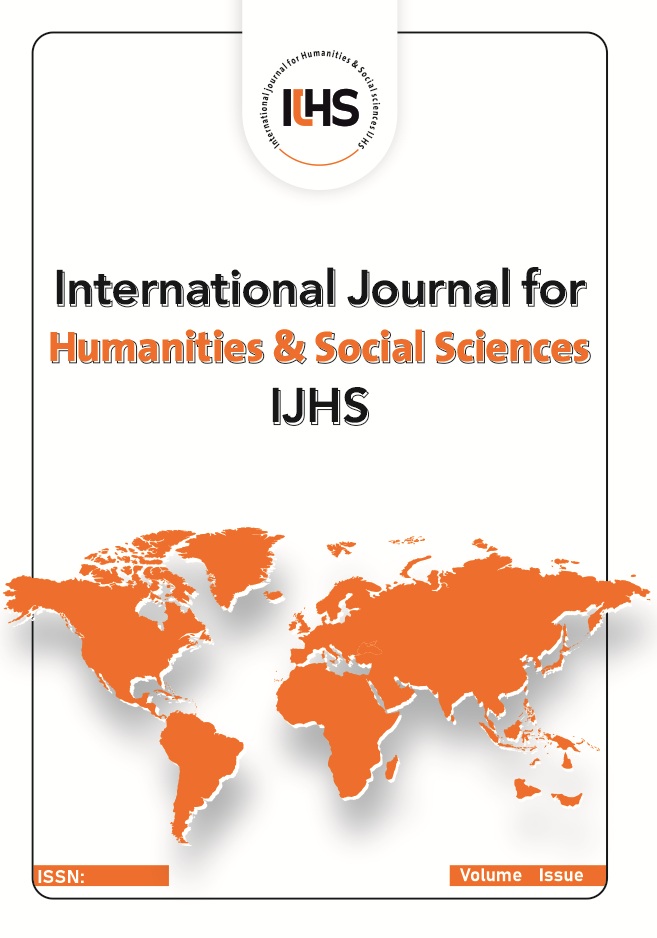‘Ambivalence’ as a Concept in John Clare's Middle and Late Poetry DOI 10.5281/zenodo.10604179
Main Article Content
Abstract
This paper signifies the contradictory point of view in John Clare’s poetry. Clare (1794-1864) is an English romantic poetry in the nineteenth century, who writes more than ten volumes about nature. So, this study highlights the concept of Psychoanalytic theory which is ‘ambivalence’ and how through this theory can interpret any literary text on the basis of utilizing psychoanalytic methods to literary texts in order to reveal the author's inner emotions such as motives, dreams, as well as wishes. Consequently, the concept of ‘ambivalence’ has a lot in common with the human psyche and its struggles. Sometimes the reader finds the author/poet talking about something real or a notion with pleasant sentiments, and then he refers to the same thing with sad sensations that are not as happy as the first ones without explanations. Here, the critic's job is to identify the reasons behind these contradicting emotions in the piece of literature. Then, two long poems ("Summer Images" and "Child Harold") from different times show opposing perspectives of natural scenes in the poet's environment and abstract thoughts that revolve in his head. Another aspect is Clare’s insanity. Is it only an accusation, or is it true?. Finally, this critical study emphasises the idea that Clare’s poetry always reflects the inconsistency and instability of thoughts and feelings that the poet suffers from due to his irritated psychological and mental condition.

